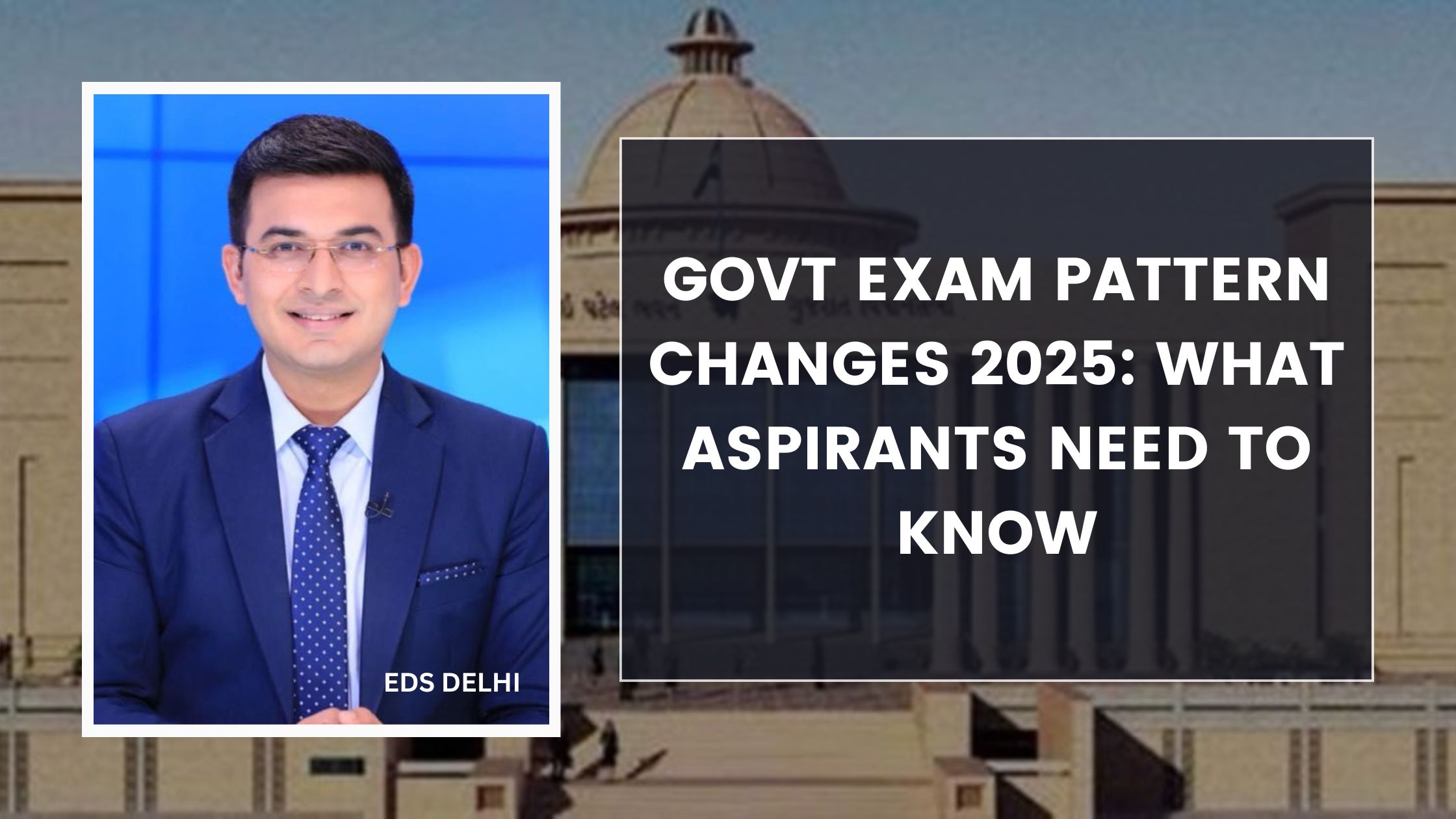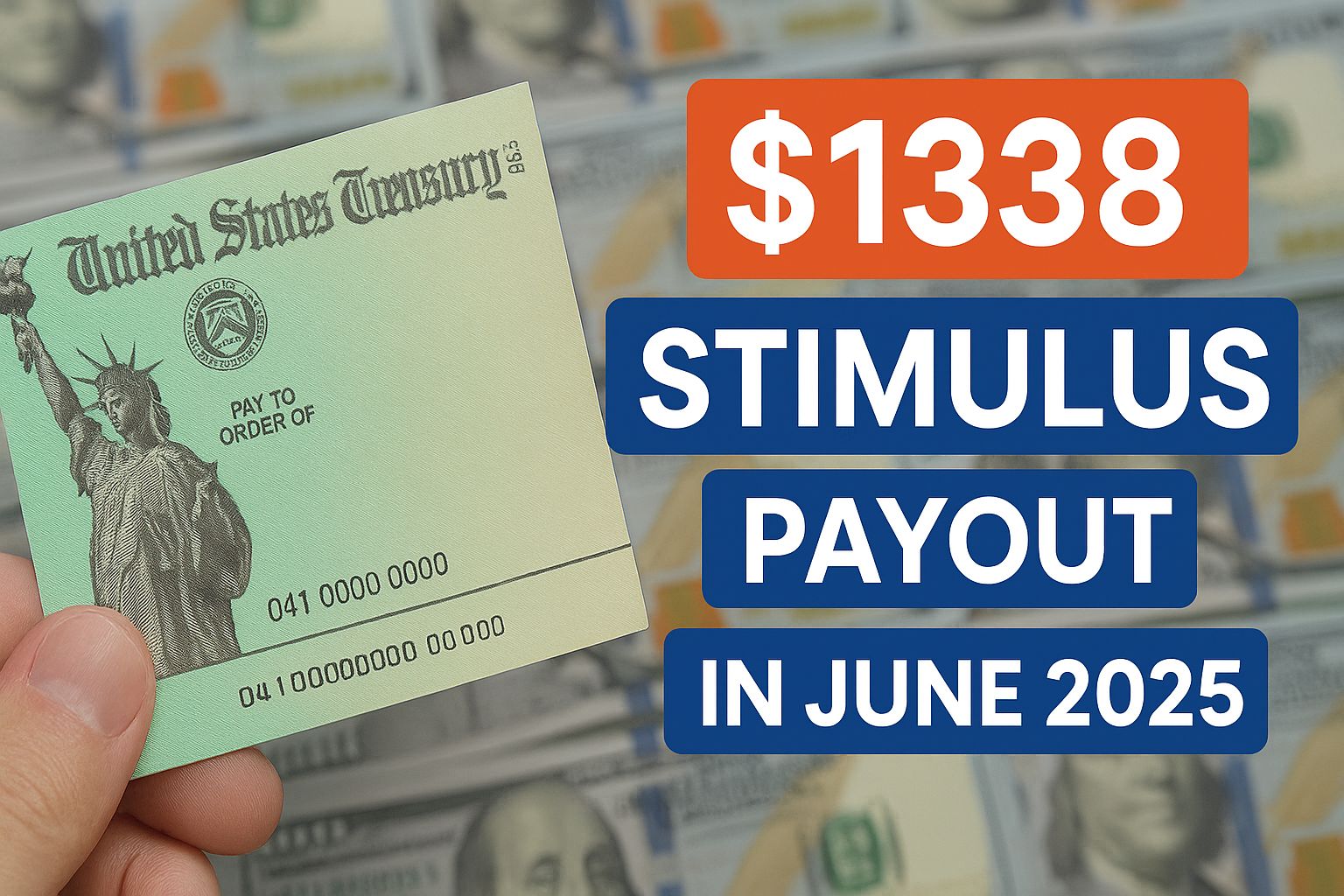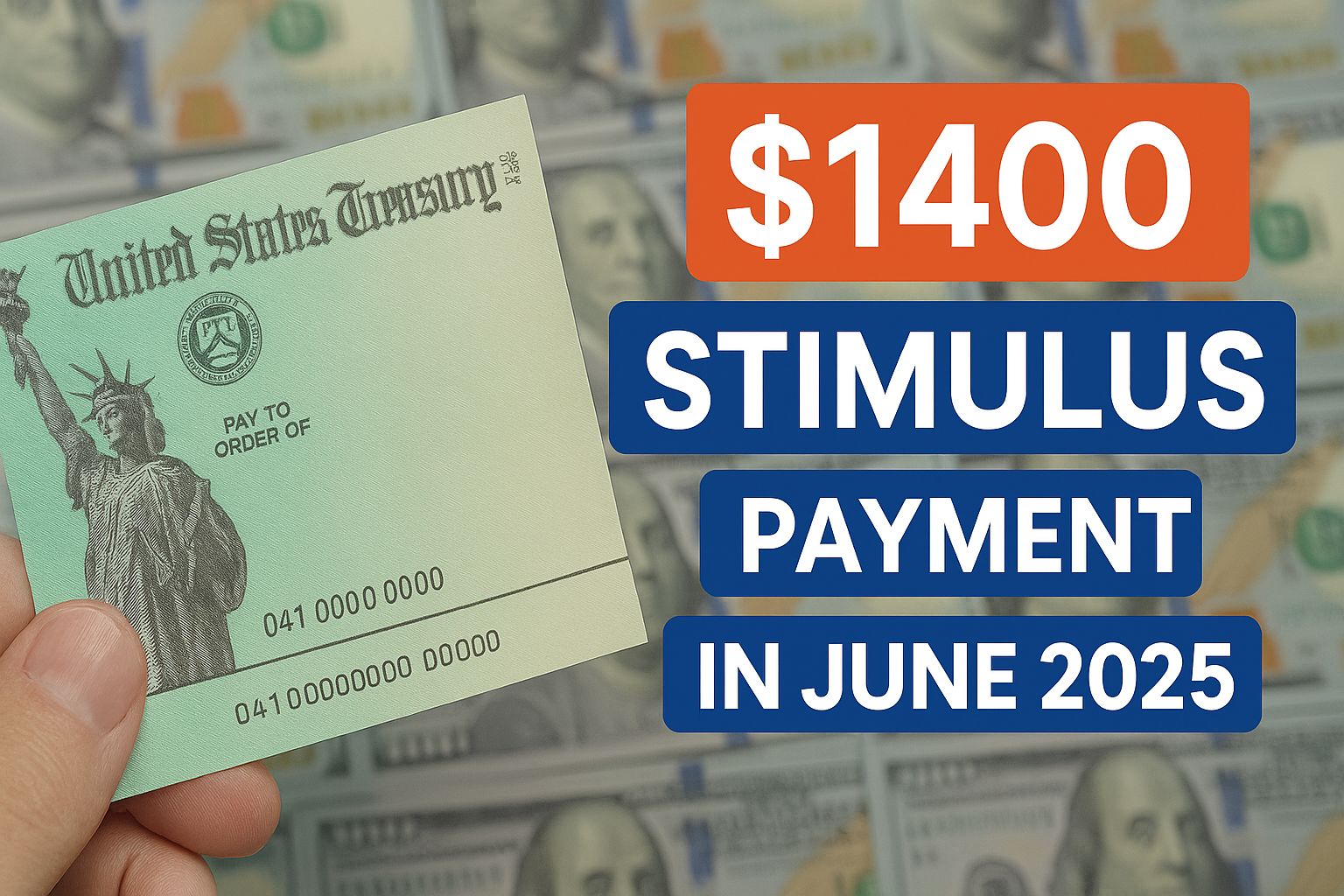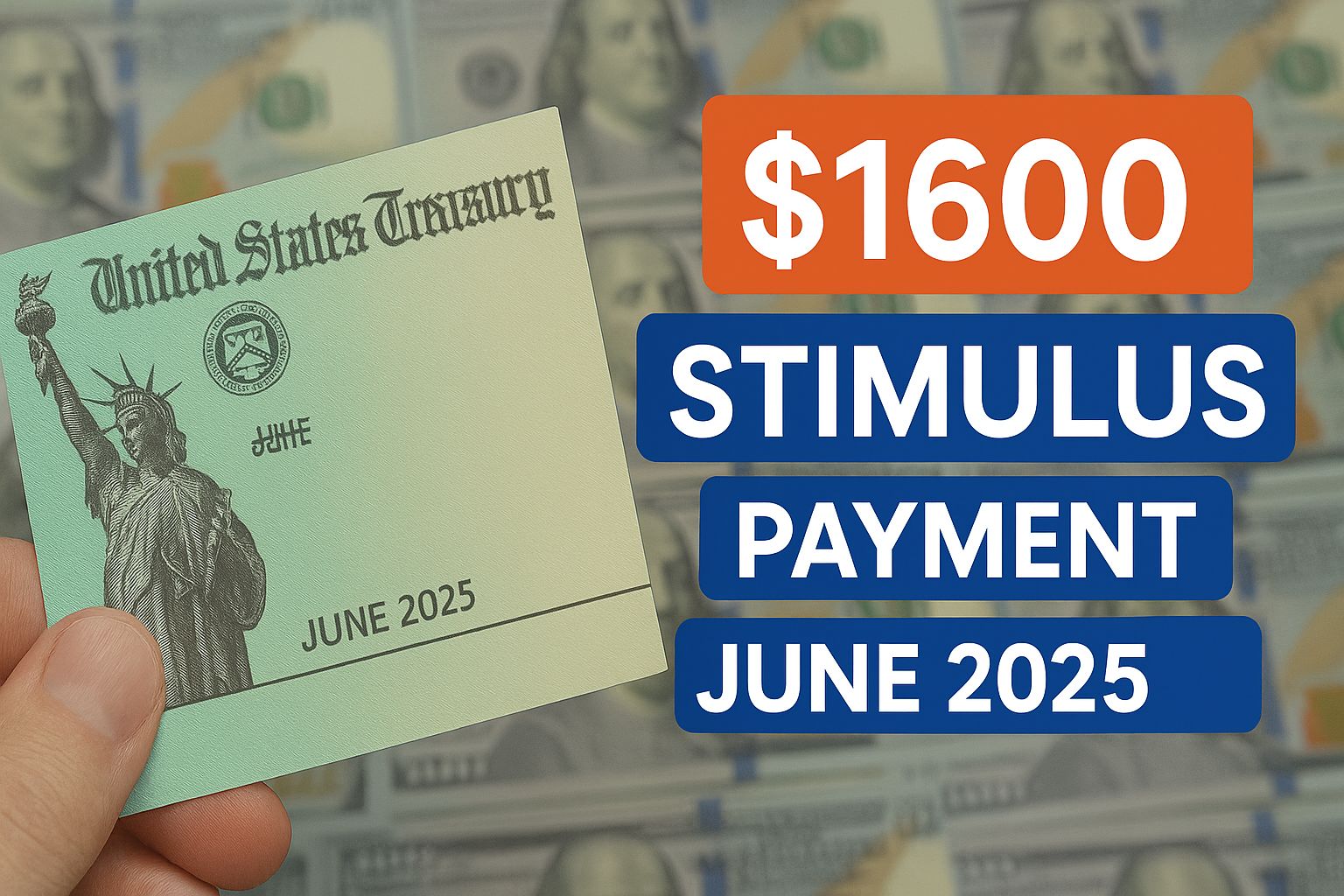Every year, thousands of candidates prepare rigorously for government exams across India, aiming to secure stable jobs and bright futures. With 2025 just around the corner, the government has announced important Govt Exam Pattern Changes 2025 for various competitive exams. These modifications are designed to make the selection process more efficient, transparent, and aligned with the evolving job market requirements.
If you are an aspirant preparing for government exams in 2025, understanding these changes is crucial to plan your study strategy effectively. This article breaks down the latest updates in government exam patterns, explains what you need to focus on, and offers tips on how to adapt to these changes.
Why Are Government Exam Patterns Changing?
The government updates exam patterns periodically to:
- Keep pace with changing job roles and technology.
- Ensure a fair assessment of candidates’ skills.
- Incorporate new evaluation techniques like aptitude and reasoning tests.
- Reduce the emphasis on rote learning and promote analytical thinking.
- Improve transparency and efficiency in the recruitment process.
In 2025, these changes will affect many popular exams including UPSC, SSC, banking, railways, and state-level recruitment tests.
Key Government Exam Pattern Changes in 2025
1. Introduction of Computer-Based Tests (CBT) Across More Exams
The shift from traditional pen-and-paper exams to computer-based tests is gaining momentum. Many government exams that previously used offline modes will now be conducted online.
- Why it matters: CBT helps speed up result processing and reduces exam malpractices.
- Aspirant tip: Get comfortable with computer-based mock tests. Practice time management on digital platforms.
2. Increased Focus on Aptitude and Logical Reasoning
In 2025, exams will include more questions on reasoning, data interpretation, and quantitative aptitude to evaluate candidates’ problem-solving abilities.
- Why it matters: These skills are essential for most government jobs.
- Aspirant tip: Strengthen your basics in arithmetic, logical puzzles, and data analysis through daily practice.
3. Revised Syllabus with Emphasis on Current Affairs
Current affairs sections will be more dynamic and challenging, focusing on recent national and international events, government schemes, and economic updates.
- Why it matters: It ensures candidates are well-informed and ready to work in government roles.
- Aspirant tip: Follow credible daily news sources and monthly current affairs compilations.
4. Changes in Exam Stages and Weightage
Many exams will see adjustments in the number of stages (Prelims, Mains, Interview) and the marks distribution. For example:
- SSC Exams: May increase the weightage of the Mains exam compared to Prelims.
- Bank PO Exams: The interview round might carry higher marks or be replaced by a computer skill test.
- Railway Exams: Introduction of additional sections like technical knowledge for specific posts.
- Aspirant tip: Carefully check the updated official notification for your exam and plan your preparation accordingly.
5. Inclusion of Skill-Based Assessments
Certain exams will introduce practical or skill-based tests, especially for technical or specialized roles.
- Why it matters: It helps evaluate candidates’ real-world skills rather than just theoretical knowledge.
- Aspirant tip: If you’re applying for technical posts, focus on gaining hands-on experience and practical knowledge.
6. Negative Marking Adjustments
To encourage accuracy, the negative marking schemes may be revised:
- Some exams may increase penalties for wrong answers.
- Others may remove negative marking in specific sections to reduce guesswork.
- Aspirant tip: Practice accuracy in mock tests and avoid random guessing.
How to Adapt Your Preparation Strategy for 2025 Exams?
1. Understand the New Pattern Thoroughly
Go through official exam notifications and government websites to understand:
- Number of questions
- Exam duration
- Sections and their marks distribution
- Mode of exam (online/offline)
- Negative marking rules
2. Focus More on Aptitude and Reasoning
Since these areas are gaining importance, dedicate extra time daily to practice puzzles, math problems, and reasoning questions.
3. Practice Computer-Based Tests
Enroll in online test series and solve previous years’ question papers in CBT format to improve speed and accuracy.
4. Stay Updated with Current Affairs
Make it a habit to read daily news and summaries. Use mobile apps and online portals for reliable current affairs.
5. Work on Time Management
New patterns often bring longer or more complex exams. Develop a smart timetable that includes breaks and revision.
6. Use Quality Study Material
Refer to trusted books, online courses, and coaching resources that reflect the latest syllabus changes.
7. Take Mock Tests Regularly
Mock tests simulate real exam conditions and help you identify your strengths and weaknesses.
Common Government Exams Affected by the 2025 Pattern Changes
| Exam Name | Key Pattern Changes |
|---|---|
| UPSC Civil Services | More analytical questions, current affairs emphasis |
| SSC CGL | Revised prelims and mains weightage |
| IBPS Bank PO | Increased skill test focus, interview changes |
| Railway Recruitment | Added technical sections, computer-based exams |
| State PSC Exams | Inclusion of computer-based and aptitude tests |
Conclusion
The government exam pattern changes in 2025 are designed to make the recruitment process more transparent and aligned with the skills required for government jobs today. Aspirants need to update their preparation strategies to focus more on computer-based testing, aptitude, reasoning, and current affairs.
By staying informed, practicing regularly, and adapting to the new formats, you can boost your chances of success in the 2025 government exams. Remember, understanding these changes early and preparing smartly will give you a competitive edge.
UPSC LATEST INFORMATION CLICK HERE















